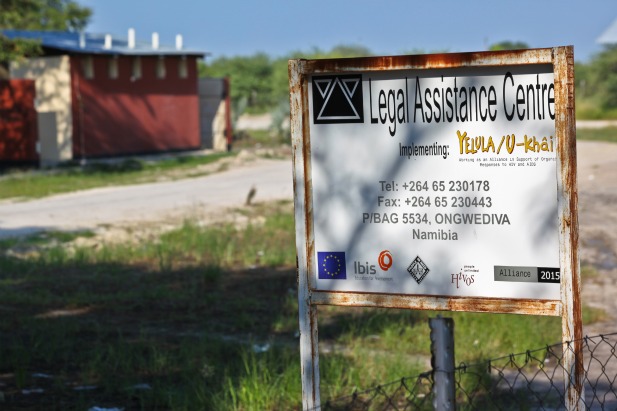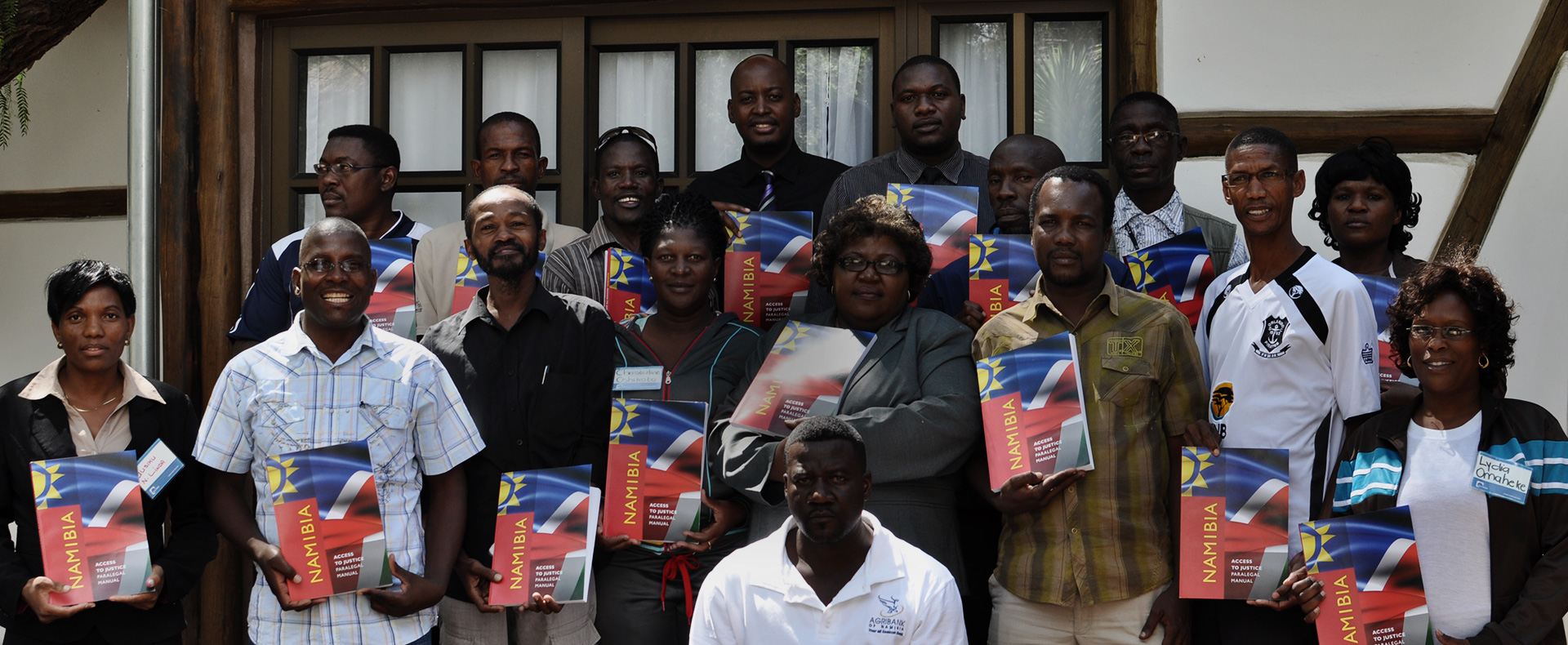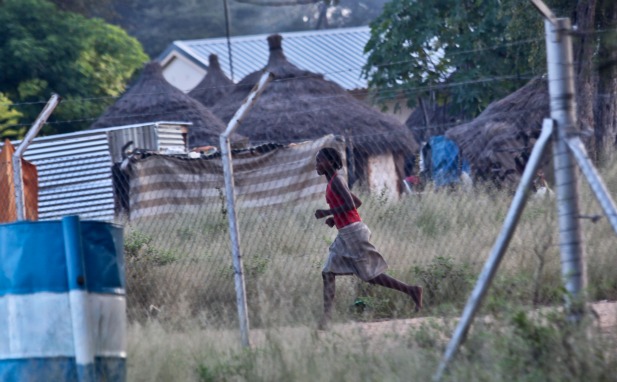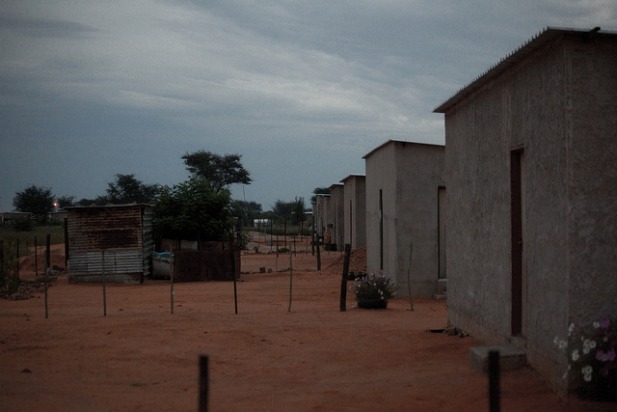Increasing Access to Justice in Namibia


One of the many reasons I was drawn to DLA Piper is the firm’s dynamic international presence. In particular, I was intrigued by the idea of DLA’s wholly integrated nonprofit affiliate – New Perimeter. Thus, when New Perimeter announced its Access to Justice Project in Namibia, in April 2010, I submitted my application to participate the very next day. As a litigation associate in DLA Piper’s Phoenix office, I saw the project as a once-in-a-lifetime opportunity to get involved in public interest legal work with significant impact and international reach.
Since then I have worked with an international team of DLA Piper lawyers, headed by Andrew Valentine (Managing Partner, Silicon Valley), to draft a legal manual based on newly developed Namibian law that will be used as a primary legal resource for the members of the Namibian Paralegal Association (the “NPA”). The NPA is an association of paralegals, but the term “paralegal” is used differently than in the US. The NPA is a volunteer organization comprised of local leaders throughout the country who provide legal forms, advice and referrals to the majority of the population.
The manual we are developing is intended to educate and guide NPA paralegals, many working in outlying rural communities cut off from the resources and information available in Windhoek, Namibia’s capital city. For many Namibians, the NPA is their only resource for accessing legal knowledge, including information about their individual rights.
During the first year of the project, our team researched applicable Namibian and international law, and outlined and developed the first draft of the manual. Although guided by NPA staff, this draft was missing direct input from paralegals in the field. Accordingly, in late April/early May 2010, we conducted seven days of in-country, face-to-face meetings and interviews with NPA paralegals. This time spent in-country was both informational and enlightening.

Namibia became an independent republic in 1990, and the laws on its books are very progressive. However, Namibia is also a country with a rich tribal culture and traditions, which include customary (tribal) law. For NPA paralegals, the task of educating the public on citizens’ legal rights involves understanding and reconciling the differences between customary law and newly developed civil law. For example, in Namibian rural areas, women are still treated as property. Thus, despite civil law to the contrary, many people continue to believe that a man cannot rape his wife. The paralegals are engaged in an on-going effort to combat this outdated way of thinking.
Despite Namibia’s strong economic development in recent years, most Namibians live on less than US$ 2 per day. Typical homes include anything from single-room concrete structures to make-shift shelters made out of corrugated metal, cardboard and sheets. Many Namibians, including some of the paralegals we met with, live in shelters just like these, which are collectively referred to as “informal settlements”. I was continually amazed at the dedication and drive behind each of the volunteer paralegals and impressed by what they are able to accomplish in their respective communities with such limited resources.
Prior to our arrival, Namibia received record-breaking rains, and much of the countryside in the North was flooded. Many of the businesses and homes we passed sat in several feet of water. After the rains stopped, many fish were trapped in small ponds among the villages and roadways, and groups of boys and men used big nets to catch fish in and around their flooded-out homes and fields.
Over the course of our trip we conducted face-to-face meetings with paralegals in five different areas within Namibia covering approximately 2,300 kilometers. Overall, the meetings were very well received, and interest and enthusiasm is high among the paralegals for receiving a revised manual and additional training. The paralegals appear hungry for knowledge. They are extremely dedicated to increasing access to legal information in Nambia; they are willing to work to educate their communities with no tangible compensation.
We are planning to publish the paralegal manual before the end of the year and will return to Namibia shortly thereafter to provide training to the paralegals on this new resource. I can’t wait to go back!
Increasing Access to Justice in Namibia


